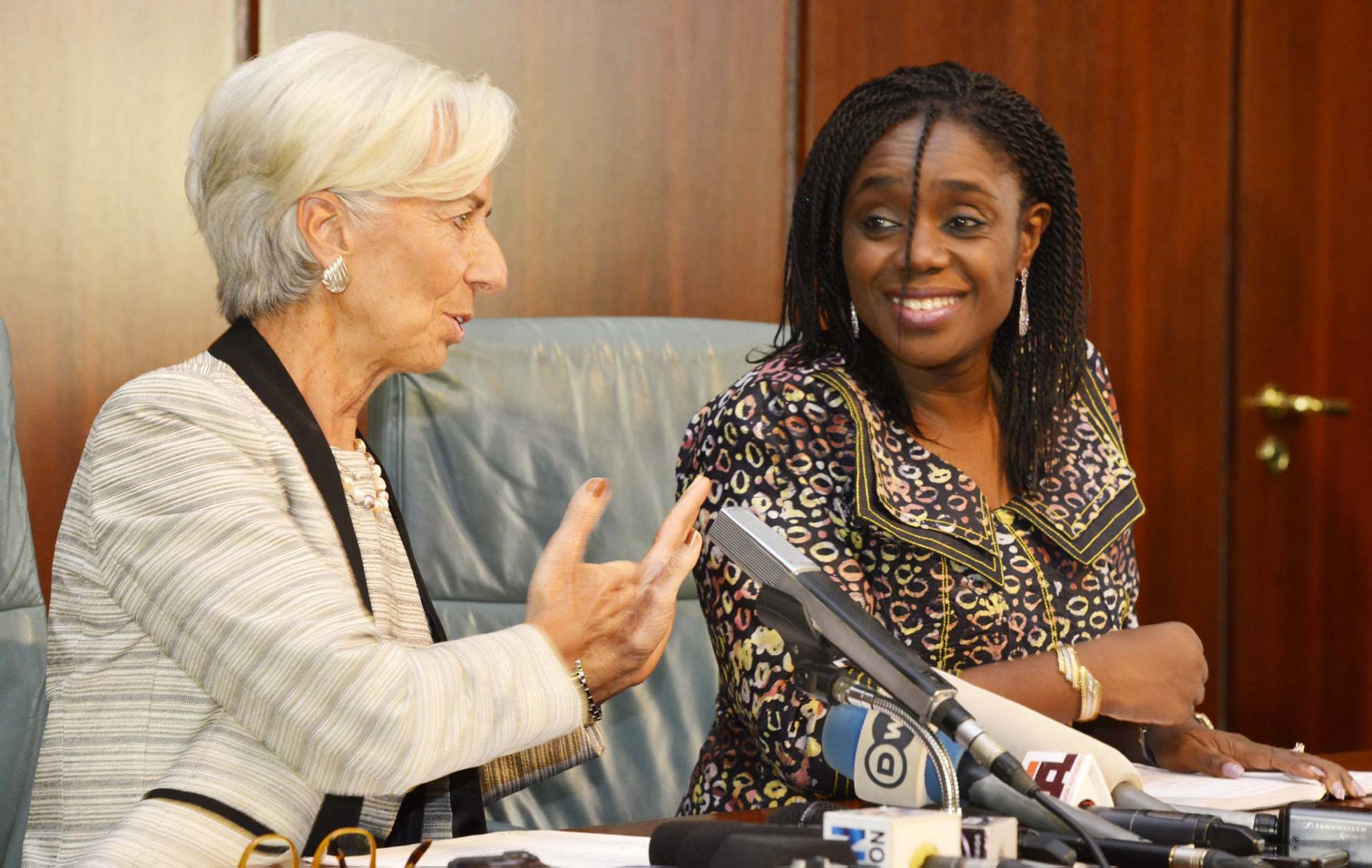
Nigeria’s ratio of tax to GDP is below that of other large sub-Saharan economies according to the International Monetary Fund’s measurement.
Africa’s most-populous nation with about 200 million people, has a tax-to-GDP ratio of 5.9 percent, the lowest among sub-Saharan countries, compared with 24.7 percent for South Africa, according to the IMF.
The two economies strive to be the region’s biggest.
IMF said Nigeria could double its tax-to-GDP ratio with reforms to improve efficiency. Kemi Adeosun, the finance minister said in an interview in January that Nigeria wants to double the proportion by 2020 and will take defaulters who don’t use an amnesty to court.
Countries such as Angola, Comoros, Guinea-Bissau, and Liberia, according to the fund, should consider replacing general sales tax with a value-added tax, which imposes duties on the value added at each stage of the supply chain and avoids double payments.
Read the related: Nigeria needs to expand tax base, streamline currency policy, says IMF senior official
The International Monetary Fund, however, said sub-Saharan African countries could increase tax revenue by an average of five percent of the gross domestic product, much more than what they receive in international aid if they reform their tax policies.
Key steps would be to strengthen value-added tax systems, streamline exemptions and expand coverage of income taxes, the Washington-based IMF said in its regional economic outlook released on Tuesday. Developing new revenue sources, such as property levies, and using technology that could ensure access to more reliable information would also help, it said.
Despite substantial progress in revenue mobilization over the past two decades, sub-Saharan Africa remains the region with the world’s lowest ratio of revenue to GDP, the IMF said. Its average tax frontier — or the highest level of tax income that a country could achieve, given certain underlying macroeconomic and institutional conditions — is about 7.5 percentage points of GDP lower than the average for the rest of the world.
“Domestic revenue mobilization is one of the most pressing policy challenges” in the region, the IMF said. There is “considerable potential to collect higher taxes through reforms,” it noted.










